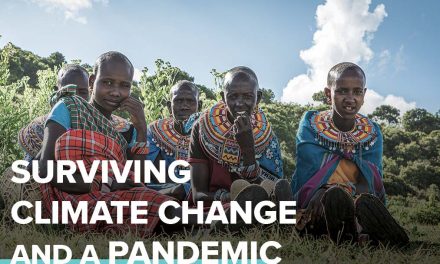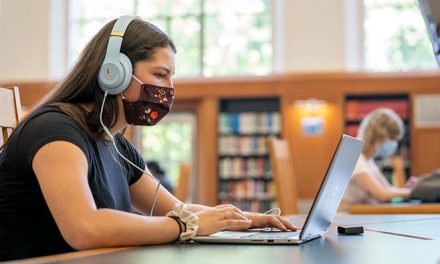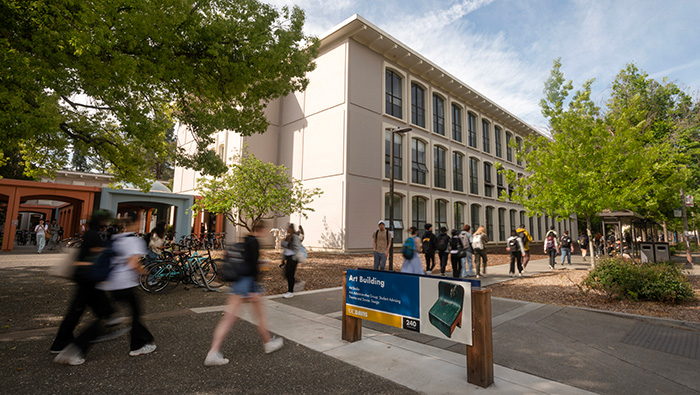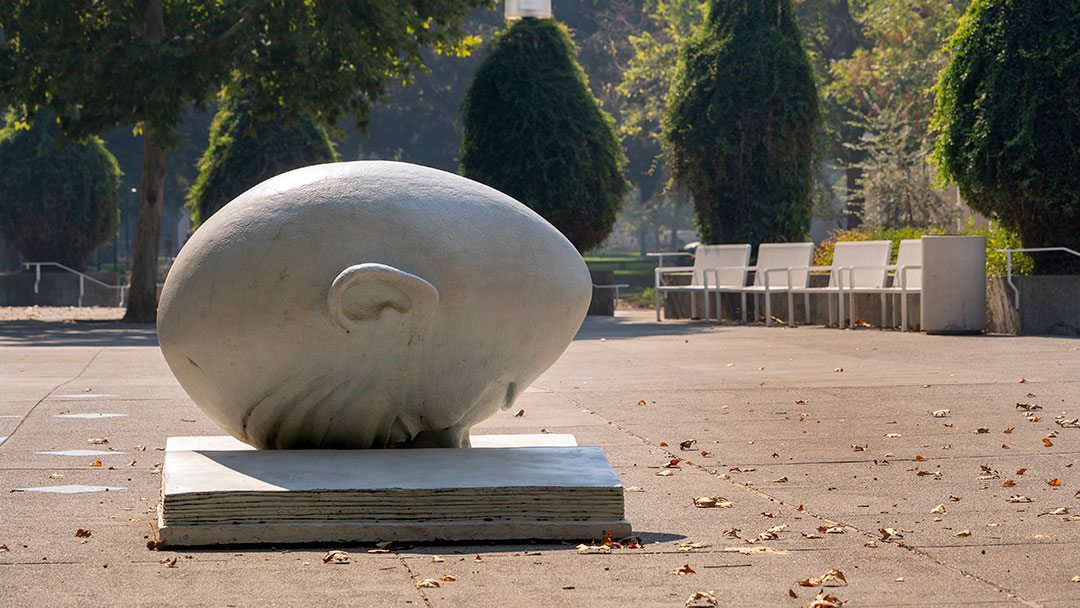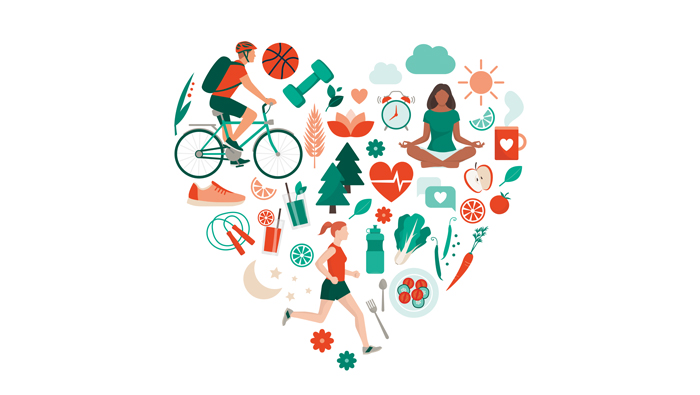
Compassion Counts
Compassion and patience have always been imperative when navigating daily stressors, but they are especially vital during a global pandemic. As part of his role as chief wellness officer, Peter Yellowlees provides guidance for improving the well-being of health professionals and helps prevent physician burnout in the UC Davis Health system. Yellowlees, who is also a professor of psychiatry, sends wellness strategies to the general Davis community through the Good Stuff Wellness e-newsletter. Here, he discusses the significance of compassion and gives tips on how to practice self-care.
What is compassion?
“Compassion is a combination of empathy plus action,” Yellowlees said. Empathy is the ability to recognize and understand how others feel. However, Yellowlees added, just understanding other people isn’t always enough. “It’s necessary sometimes to do more than that and actually to take some action and work with them,” he said.
Ways to practice self-compassion
Due to the pandemic, many people are working or studying from home, worrying about loved ones and facing financial struggles. These stressors can dramatically drain energy. Practicing kindness and patience toward oneself and keeping healthy routines are critical for maintaining mental health.
Sleep properly. Try to get seven or eight hours of sleep each night. Don’t drink too much alcohol before bed or do things that can interrupt sleeping, such as using a cell phone.
Stay fit. “Just because COVID is around doesn’t mean we should be spending all the time indoors. I suggest you go outside wisely,” Yellowlees said. Follow all safety precautions for physical activity outside, and while out there, he added, interact with others on jogs and walks around the neighborhood.
Keep a schedule. Just as you schedule work and school, plan to see friends and contact family. “There’s nothing more difficult than having an empty day ahead of you and you’re not sure what you’re going to do,” Yellowlees said.
Stay in touch. Psychologically map out the people who are real friends — not just acquaintances — but the people who you love, the people who are in your family, and the people you value. Spend more time than usual staying connected to them in the safest ways possible.

